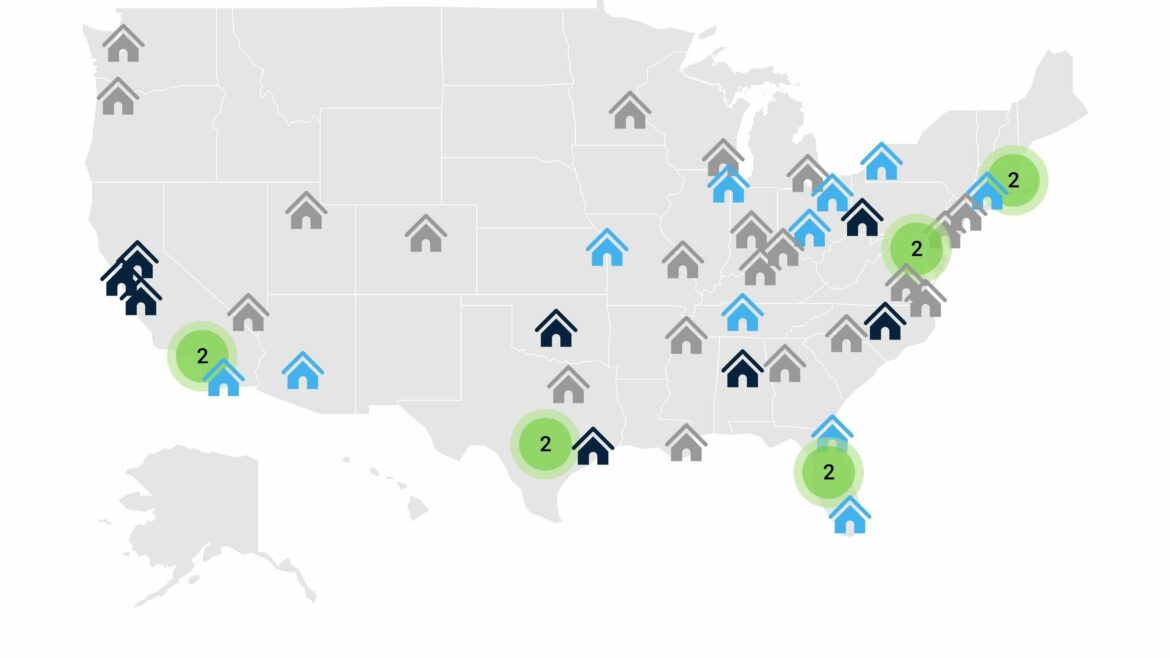Maximizing Investment Returns by Minimizing Taxes: A Practical Guide
https://seasideinvestfl.com/wp-content/uploads/2024/06/67Um84msvHZx4paK9FZga9-1200-80.jpg
1200
675
Ines
https://secure.gravatar.com/avatar/0106806cb477f25d7f89cb87b67e4f3f622ecb464573dd53b29bfd5ba789b06c?s=96&d=mm&r=g
Investing in Real Estate Investment Trusts (REITs): A Comprehensive Guide for May 2024
https://seasideinvestfl.com/wp-content/uploads/2024/05/021d029bbaac613b0f41507b7298687c.jpeg
639
360
Ines
https://secure.gravatar.com/avatar/0106806cb477f25d7f89cb87b67e4f3f622ecb464573dd53b29bfd5ba789b06c?s=96&d=mm&r=g
From Modest Beginnings to Luxury Estate: The $295 Million Donahue Property
https://seasideinvestfl.com/wp-content/uploads/2024/05/DJI_20231109124026_01722_D-Edit.jpg.webp
1600
1199
Ines
https://secure.gravatar.com/avatar/0106806cb477f25d7f89cb87b67e4f3f622ecb464573dd53b29bfd5ba789b06c?s=96&d=mm&r=g
Navigating Residential REIT Investments: Stability, Growth, and Considerations”
https://seasideinvestfl.com/wp-content/uploads/2024/05/original_imageshttpsg.foolcdn.comeditorialimag.width-880_mcsGWZZ.jpg.webp
880
586
Ines
https://secure.gravatar.com/avatar/0106806cb477f25d7f89cb87b67e4f3f622ecb464573dd53b29bfd5ba789b06c?s=96&d=mm&r=g
Florida Dominates Top 10 U.S. Cities List for Short-Term Rental Investments
https://seasideinvestfl.com/wp-content/uploads/2024/05/AirBnB-Best-Market-Rentals-chart-1-thumb-2660x2316-34900-2-scaled.jpg
2560
2229
Ines
https://secure.gravatar.com/avatar/0106806cb477f25d7f89cb87b67e4f3f622ecb464573dd53b29bfd5ba789b06c?s=96&d=mm&r=g
Unlocking Real Estate Investment Potential: 3 Cities to Watch for Future Growth
https://seasideinvestfl.com/wp-content/uploads/2024/05/fort-lauderdale-2.png
2500
1330
Ines
https://secure.gravatar.com/avatar/0106806cb477f25d7f89cb87b67e4f3f622ecb464573dd53b29bfd5ba789b06c?s=96&d=mm&r=g








